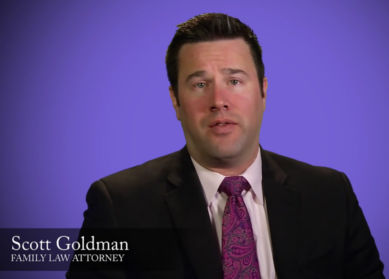One question I commonly get is from the people who’ve just been served with divorce papers. And the question typically is, I’ve just been served with divorce papers, should I sign the documents that my spouse’s attorney sent me? And the short answer is, no, don’t do it.
Talk to an attorney first. If your spouse already has an attorney it doesn’t matter how amicable things seem like they’re going to be, you’re better off seeking your own counsel. You’re not going to know all of the details of the divorce, and you may not be familiar with what rights you may be signing away. So in order to protect your rights, my advice is, Call an attorney. If you want to call me we can discuss the situation, I can listen to what the other attorney is proposing and if it’s fair and equitable I may be able to suggest to you, Sure, go ahead and sign it.
By: Ray Chamberland




